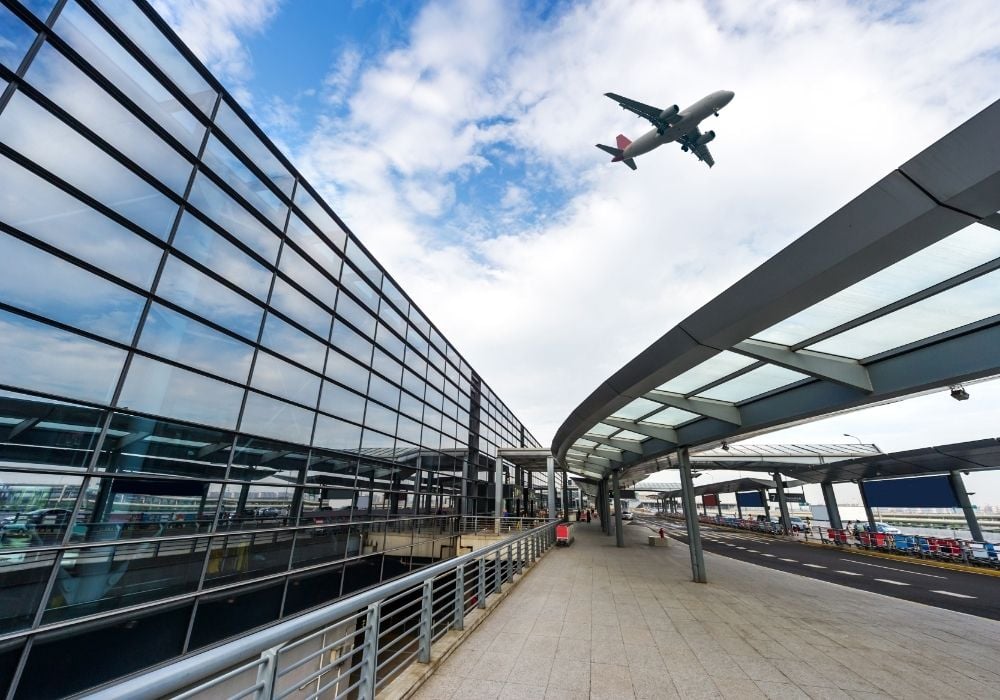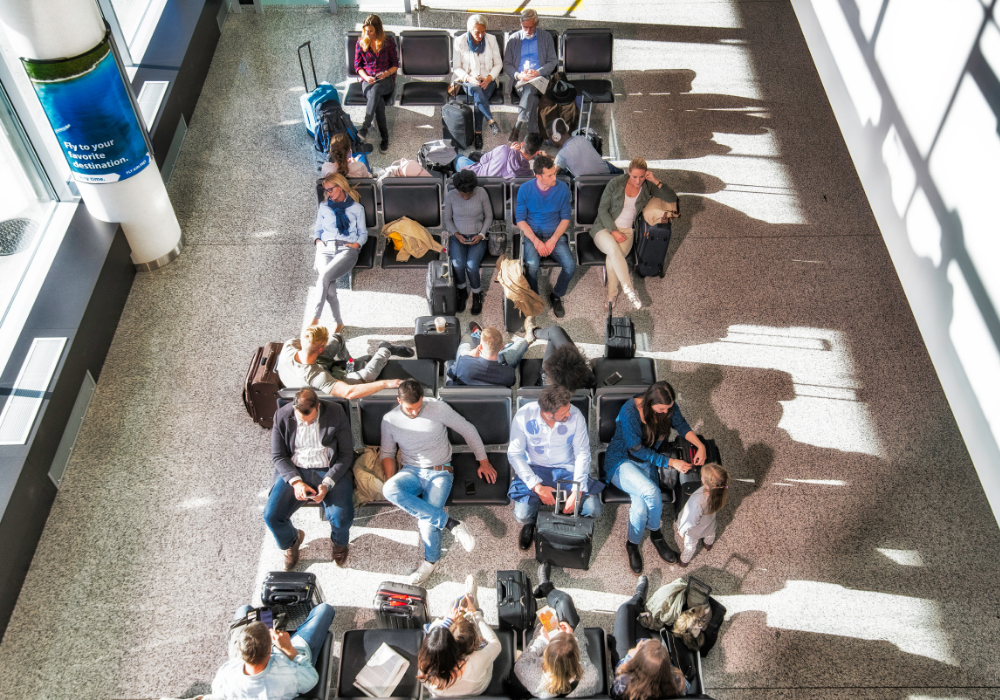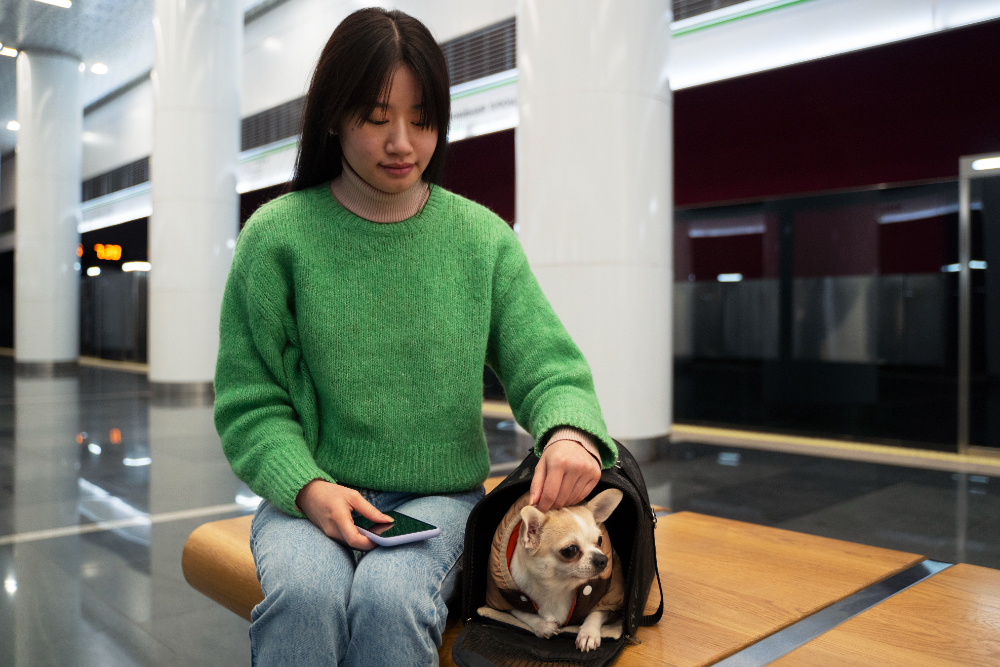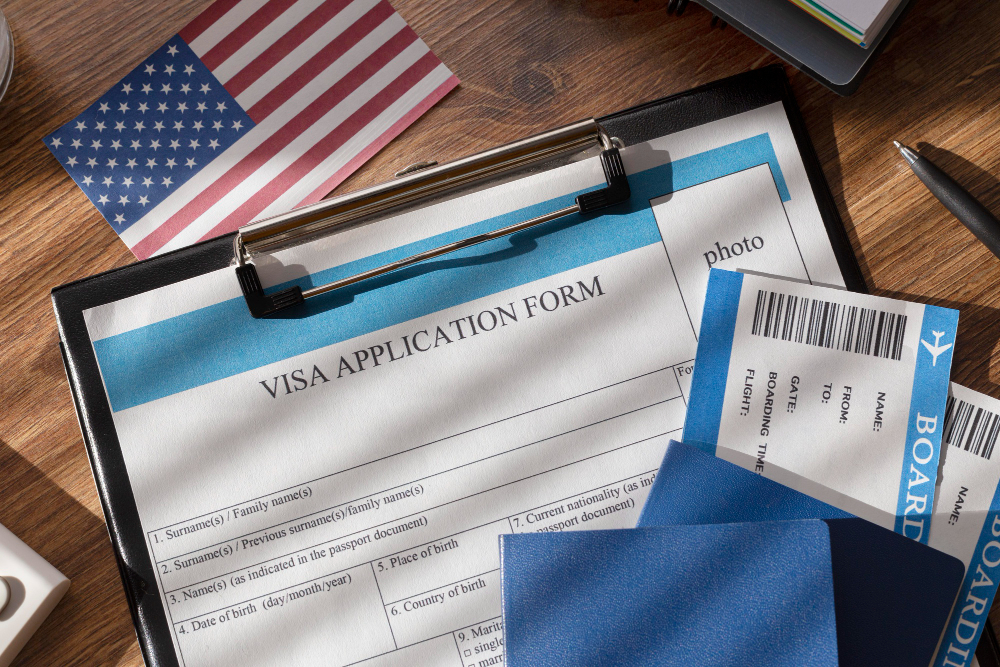Visa delays can cause significant setbacks that throw off carefully organized u.s. travel plans.

Visa delays create ripple effects across U.S. travel plans, often disrupting flights, accommodations, and itineraries. Travelers face uncertain entry timings that demand last-minute adjustments and increased expenses. Booking non-refundable flights or hotels before visa approval risks financial loss. Additionally, these delays elevate stress and complicate arrangements such as transportation, pet care, and insurance. Understanding these impacts helps travelers better prepare for potential disruptions before their trip.
1. Missed flight connections due to unexpected visa processing delays.

Visa processing delays can lead to missed flight connections, throwing off carefully planned travel itineraries. When travelers do not allow extra time for potential delays in the visa application process, they might find themselves grounded when their visa isn’t approved by their flight date.
This situation can create a domino effect, impacting subsequent travel plans and leading to financial setbacks, as mentioned by Skift. Flight rescheduling may incur extra costs and limited availability, especially during peak travel seasons. Planning travel with visa schedules in mind helps avoid these stressful scenarios.
2. Inability to book accommodation without confirmed travel dates.

Accommodation bookings often rely on confirmed travel dates, but pending visa approvals delay this certainty. Without a set entry date, travelers might hesitate to secure lodgings, risking higher prices as their travel dates approach or even finding limited availability in their desired locations.
Additionally, uncertainties in visa timing can result in having to opt for refundable or more flexible booking options, which might not offer the best deals, American Physical Society reports. The synchronization between visa processing and travel bookings requires careful management to maintain cost-effectiveness and convenience.
3. Last-minute itinerary changes caused by pending visa approvals.

Pending visa approvals can prompt last-minute changes to travel itineraries. This need for adaptability arises when travelers receive confirmations close to their intended departure, necessitating quick adjustments to plans for tours, excursions, or meetings.
Such changes can lead to unavailable services or increased costs due to last-minute bookings. The uncertainty can disrupt the enjoyment of travel, as priorities shift from leisurely planning to navigating logistics,, as shared by Boundless Immigration. Efficient, flexible itineraries become a valuable asset in these situations.
4. Increased travel stress from uncertain departure schedules.

Uncertainty about when a visa will be approved can increase travel-related stress. Travelers may feel pressure wondering whether their planned departure will go ahead, leading to anxiety about reorganizing their lives or commitments around flexible timelines.
Ongoing visa delays can also affect mental readiness for a trip, overshadowing the excitement of travel with concerns about logistics. Reducing stress involves understanding processing timelines and preparing for possible changes without concrete departure dates.
5. Potential loss of non-refundable travel expenses and deposits.

Non-refundable travel expenses and deposits pose a financial risk if visa delays arise. Booking flights, hotels, or tours without cleared visa status can mean losing money if plans shift. Travelers might face difficulties reclaiming expenses if services cannot be used due to visa-related issues.
Aligning financial commitments with secure visa statuses reduces the risk of losing deposits. Policies vary across services, often leaving travelers to absorb financial blows if visas don’t process on time. This uncertainty underscores the necessity of strategic financial planning.
6. Interrupted business meetings and professional commitments abroad.

Professional commitments abroad can be interrupted by unexpected visa processing delays. Business meetings, conferences, and networking opportunities rely on timely arrivals, but visa issues can lead to cancellations or necessitate remote participation instead of in-person attendance.
This disruption can impact professional relationships and opportunities, as missed engagements are hard to reschedule. Planning alternative ways to fulfill commitments, such as virtual solutions or understanding contingency plans, becomes essential when international business travel is involved.
7. Difficulty coordinating airport pickups or transportation arrangements.

Visa delays can complicate the coordination of airport pickups or transportation arrangements. Travelers who are unsure of their arrival time due to visa uncertainties might face challenges in booking reliable transport without risk of cancellation fees or scheduling conflicts.
Adjusting pickup arrangements last minute may limit the options to taxis or on-demand service providers, which could be less cost-effective or practical. Clear communication with service providers can alleviate issues with availability and coverage at the needed times.
8. Limited time left for sightseeing and cultural experiences.

Limited time left for sightseeing and cultural experiences is a possible outcome of visa hold-ups. A shortened trip interrupts plans meant to explore new destinations, squeezing scheduled visits into a cramped timeframe or cutting some activities entirely.
This restriction changes the dynamic of what is meant to be a relaxing journey into a hurried experience. Intentional planning with flexible itineraries can help salvage some opportunities when faced with delayed visa processing, ensuring vital experiences are prioritized.
9. Challenges in arranging pet care or home services during absence.

Travelers anticipating a departure must consider care for pets or home services during their absence. Visa delays disrupt these arrangements, potentially leaving responsible parties unprepared or causing rescheduled service to become unavailable or more expensive.
Such challenges highlight the importance of having contingency plans in place for home or pet care. Delays may also inconvenience a pet or house sitter, who might not adjust easily to new timelines. Thoughtful advance conversations help manage these responsibilities amid timing uncertainties.
10. Cancelled or postponed events with family and friends overseas.

Cancelled or postponed events with family and friends overseas can occur due to visa-related issues. Gatherings or celebrations planned months in advance may become compromised if a visa isn’t processed in expected timeframes.
Adapting to shifted timelines can be challenging when commitments and expectations surround familial events. This disruption emphasizes the importance of flexibility in planning international visits, as understanding possible delays becomes crucial to managing relationships affected by changing schedules.
11. Complications in obtaining travel insurance or related documentation.

Complications with obtaining travel insurance or related documents emerge when visa status is uncertain. Insurance policies might be void or irrelevant if travel plans fluctuate according to visa approvals, leaving travelers financially vulnerable during their trip.
Understanding the intricacies of what travel insurance covers in relation to visa delays informs better decision-making. Insurance that includes visa disruptions becomes essential, as it provides a safety net, anticipating changes in travel circumstances without incurring out-of-pocket expenses.
